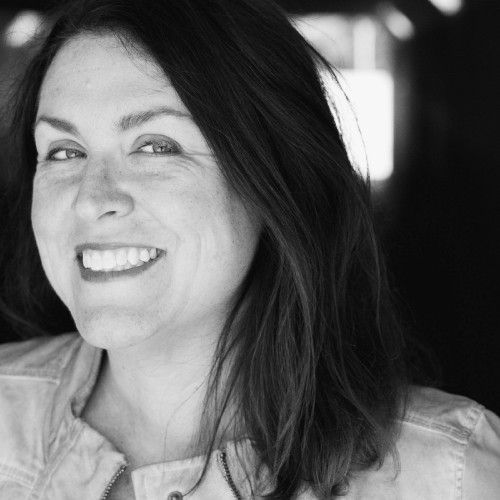Comedians, authors, and mindfulness gurus explore its potential
Maybe it is just a frequency illusion (Baader-Meinhof phenomenon?), but it seems that the concept of “mindfulness” is cropping up everywhere. Articles online, magazine covers, TV programs, podcasts, conversations… you name it. Anti-mindfulness opinion pieces and comedy sketches have also appeared in the media this past year, so you know it is really enjoying a moment. As two examples, Comedian Jen Kirkman and Author Ruth Whippman have publicly questioned the value of mindfulness in their lives.
Long-time meditation instructors Tara Brach and Jack Kornfield have suggested, however, that meditation isn’t something oppressive that bars you from planning, thinking, or enjoying yourself. Kornfield said, “It isn’t some grim duty. Quite the opposite. Rather than be captured by fears, you can direct your attention to calm your body, to care for your mind, but also to plan, daydream, and imagine.” He added that mindfulness can help people become “more present, more tuned in not just for yourself, but to your children, your boss, your clients… more present at work … in a compassionate and straightforward way.”
Ideally, meditation should help you be more present with other people in your life. If attempting meditation makes you feel selfish or cut off from the world, Brach and Kornfield suggest experimenting with some guided meditation practices. They have developed digital applications to integrate these practices into our daily lives and workplaces more skillfully.
Brach said, “Everybody is using mindfulness. It is all over as a kind of practice that can be everything for everybody. It needs to be refined and understood better.” She noted, “There is a difference between mindfulness and concentration, or mindfulness and compassion. Because of its enormous popularity, it’s a little sloppy in the way the term is being used.”
Brach said that clarity over these terms would happen over time. She said, “The concept [of mindfulness] won’t be weakened, we’ll see a refinement.”

“What the what?”
Understanding Mindfulness Terminology
Mindfulness
“Awareness that we cultivate by paying attention to present moment without any judgment.”
Meditation
“Any simple technique for resting or focusing the mind and opening consciousness to greater stillness, wellbeing, love ond connection.”
Concentration
“The action or power of focusing one’s attention or mental effort.”
Compassion
“Sympathetic care and concern for the sufferings or misfortunes of oneself and others.”
Look better, feel better, and reach your potential
So, why should we give meditation a chance? It seems there are both individual and collective reasons to do so.
Kornfield said, “Success comes in the bodies and minds of the people who do it, in their smiles. I have watched people come out of a meditation session over the past 40 years and see that their faces are different, their eyes brighter, they have a sense of greater ease. Even people who are in the midst of hard times can find a profound sense of relief, a new way of holding the difficulties. They become happier, more joyful, more present. That’s the dessert of it.”
In fact, Kornfield said, residential meditation retreats often have a visible effect on participants. He said, “We’ve found what we call the meditation ‘facelift.’ They look haggard when they come in and leave with such lightness and brightness in their face and a ‘springiness’ in body — they look younger.”
Brach noted, “At some point, it’s like an interest in yoga. You can go to strengthen your abs and butt — it works, and it also gives an intuitive experience, into what’s beyond your normal mind. People are looking for meaning and a sense of a life that is not so hooked in automatic habits. They are wanting more intimacy and dimension in their lives… sensing that it’s a path, in a way that really brings it alive.”
She added, “I’m tending less and less to hold back on that. Partly it is the times. I don’t know if we have time to be careful about human potential. We’re in a limbic hijack right now, we need something to remind us of our potential to live from deeper wisdom and to care for each other.”
. . .
Meditation instructors Jack Kornfield and Tara Brach have developed Mindfulness Daily and Mindfulness Daily at Work, apps that walk listeners through 40 days of short lessons on how to integrate mindfulness into daily life and work.
For more information:
Originally published at medium.com


